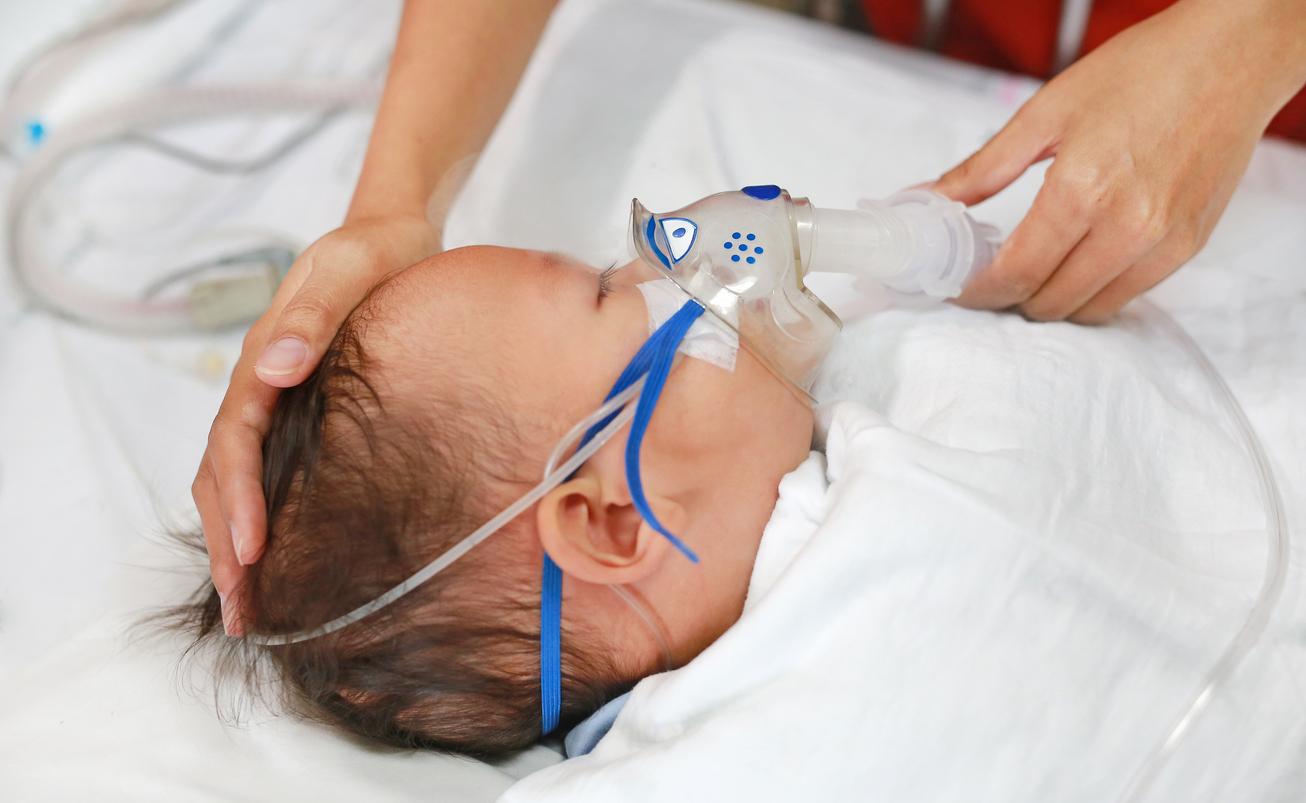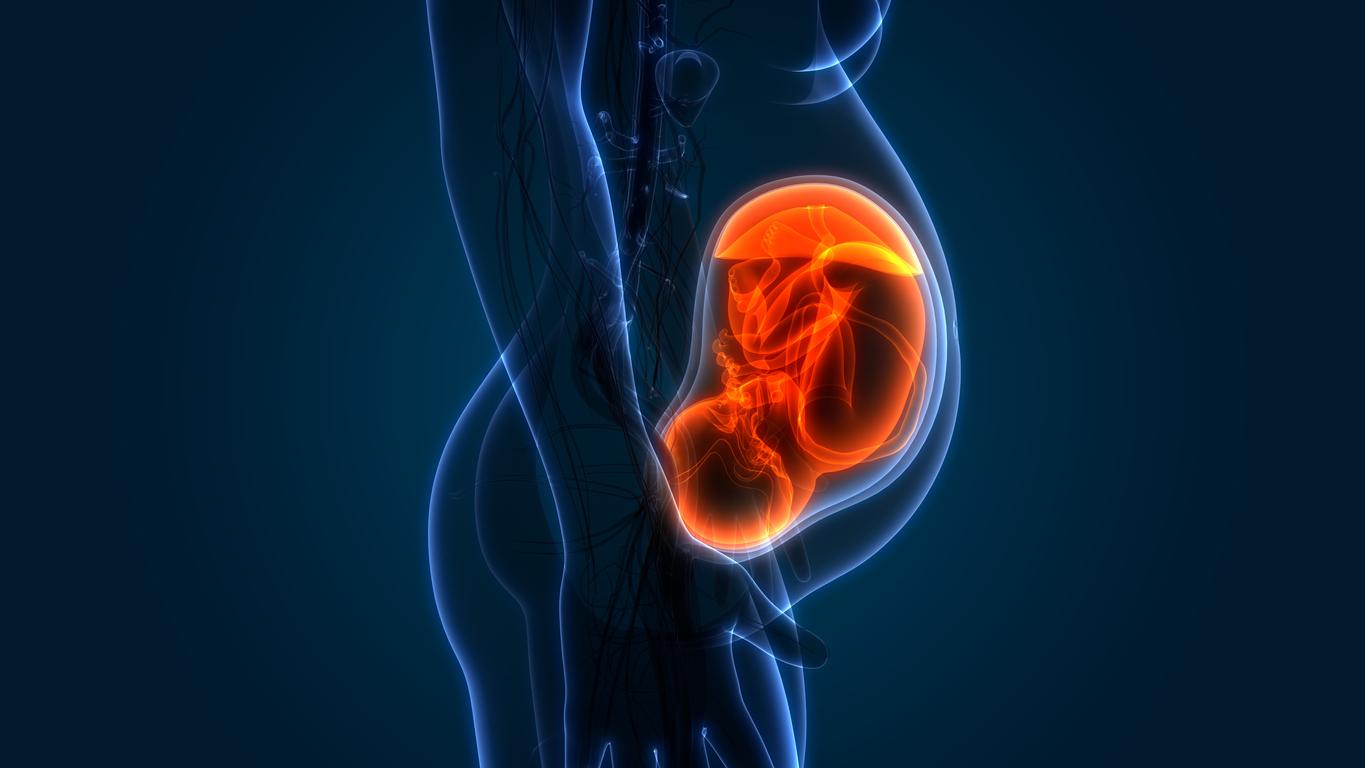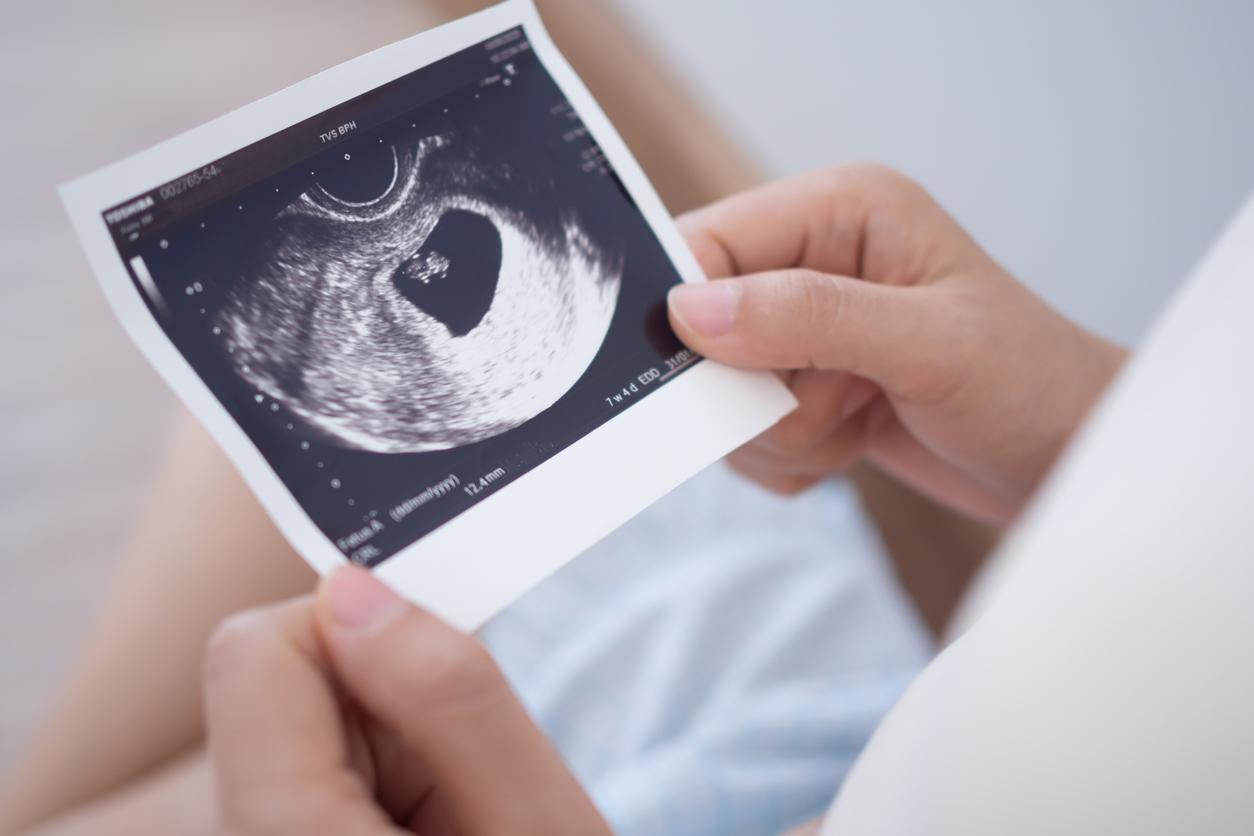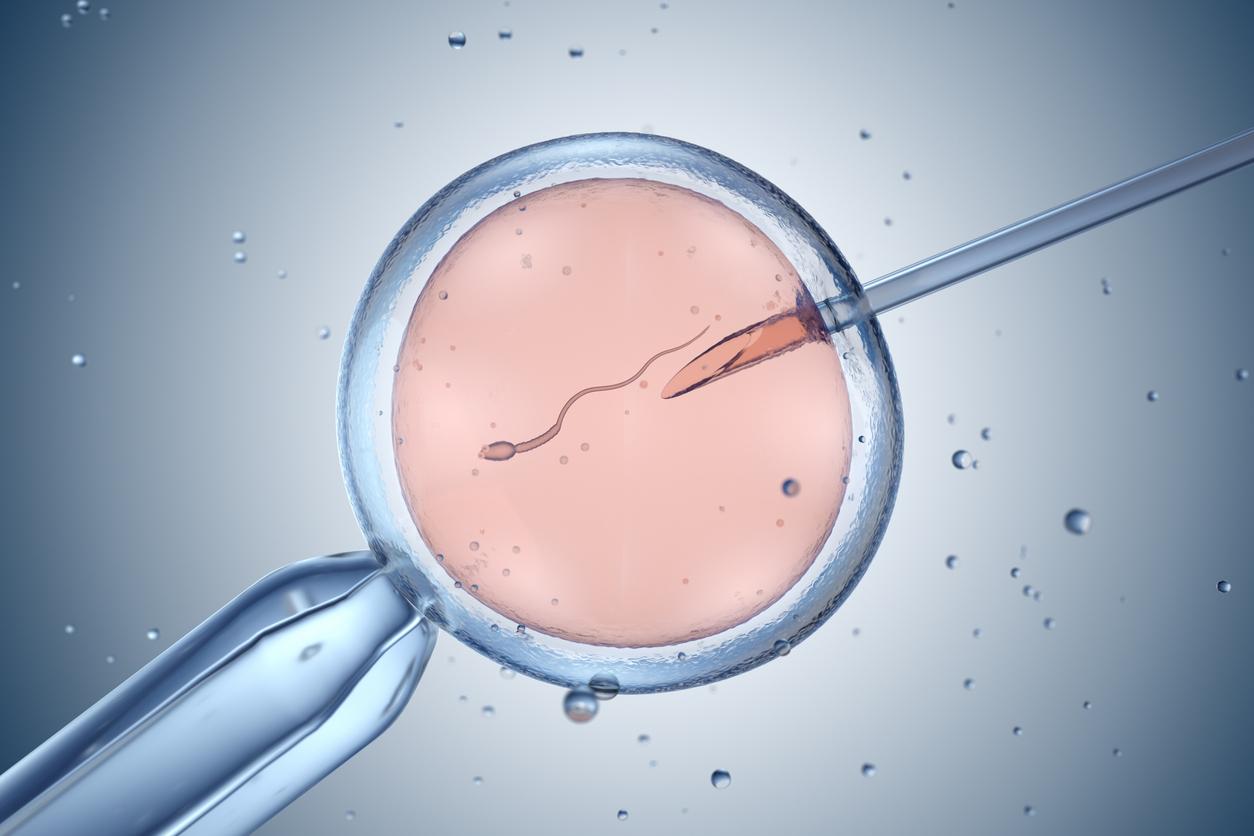Irritability, sadness, exhaustion, “want of nothing” … baby blues (also called post-natal depression or postpartum) is a well-known problem among new mothers. Experts estimate that 1 in 10 pregnant women is affected, that this disorder usually occurs 2 to 5 weeks after childbirth, and symptoms do not last longer than a week.
Researchers at Northwestern University’s Feinberg School of Medicine (United States) have just discovered that baby blues can be predicted with a simple blood test. In reality, the higher the rate ofoxytocin is high in pregnant women during the last months of pregnancy, the higher the risk. Better known as the “love hormone”, oxytocin is a substance produced by the brain linked to affection, well-being, confidence … but which can also cause aggression or jealousy.
A history of depression not to be overlooked
To come to this conclusion, the researchers followed 66 healthy pregnant women. During their third trimester of pregnancy, scientists measured their oxytocin levels through blood tests and then observed their state of health 6 weeks after giving birth.
As a result, the 13 women who experienced a baby blues after birth were also the ones with the highest levels of oxytocin during their pregnancy. The researchers add that they all had a history of depression.
“This discovery could help doctors identify upstream women who are at risk of experiencing a baby blues, in order to better support them” explain the scientists. Warning: if the baby blues persists, it is essential to consult a health professional (midwife, home childcare worker, psychologist…).
Read also : 10 misconceptions about the baby blues.

















